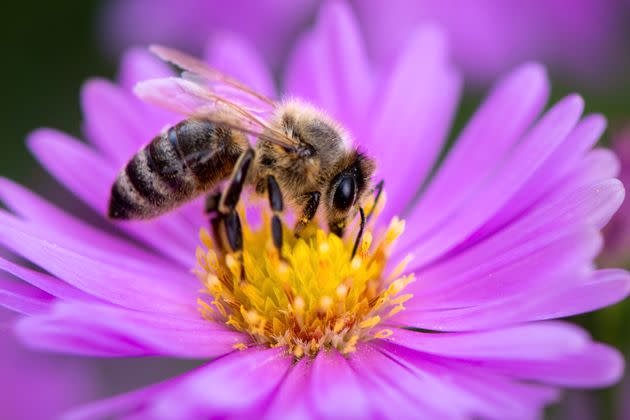Court Rules That California Bees Can Be Fish And Have The Same Protections
A California court ruled this week that bees can be legally considered “fish” for the purposes of a key state conservation law, and afforded the same protections.
The decision Tuesday by California’s Third District Court of Appeal overruled a lower court’s declaration two years ago that the California Fish and Game Commission could not list invertebrates under the California Endangered Species Act. But the act is part of the California Fish and Game Code, which defines a fish as “a wild fish, mollusk, crustacean, invertebrate, amphibian.”
Including the word “invertebrate” in the code was enough for bees to buzz through, the court said.
“The issue presented here is whether the bumble bee, a terrestrial invertebrate, falls within the definition of fish, as that term is used in the definitions of endangered species,” the court said in the decision.
“Although the term fish is colloquially and commonly understood to refer to aquatic species, the term of art employed by the Legislature in the definition of fish in section 45 is not so limited,” the court explained.

Bees can be legally considered “fish” for the purposes of a key state conservation law and afforded the same protections in California, a court ruled. (Photo: Niklas_Weidner / 500px via Getty Images)
The challenge to the 2020 ruling was brought by the Stanford Environmental Law Clinic, which represented the Xerces Society for Invertebrate Conservation, the Center for Food Safety and Defenders of Wildlife.
“We are celebrating today’s decision that insects and other invertebrates are eligible for protection” under the state endangered species act, Sarina Jepsen, the Xerces Society’s director of endangered species, said in a statement.
“The court’s decision allows California to protect some of its most endangered pollinators, a step which will contribute to the resilience of the state’s native ecosystems and farms,” Jepsen added.
This article originally appeared on HuffPost and has been updated.

